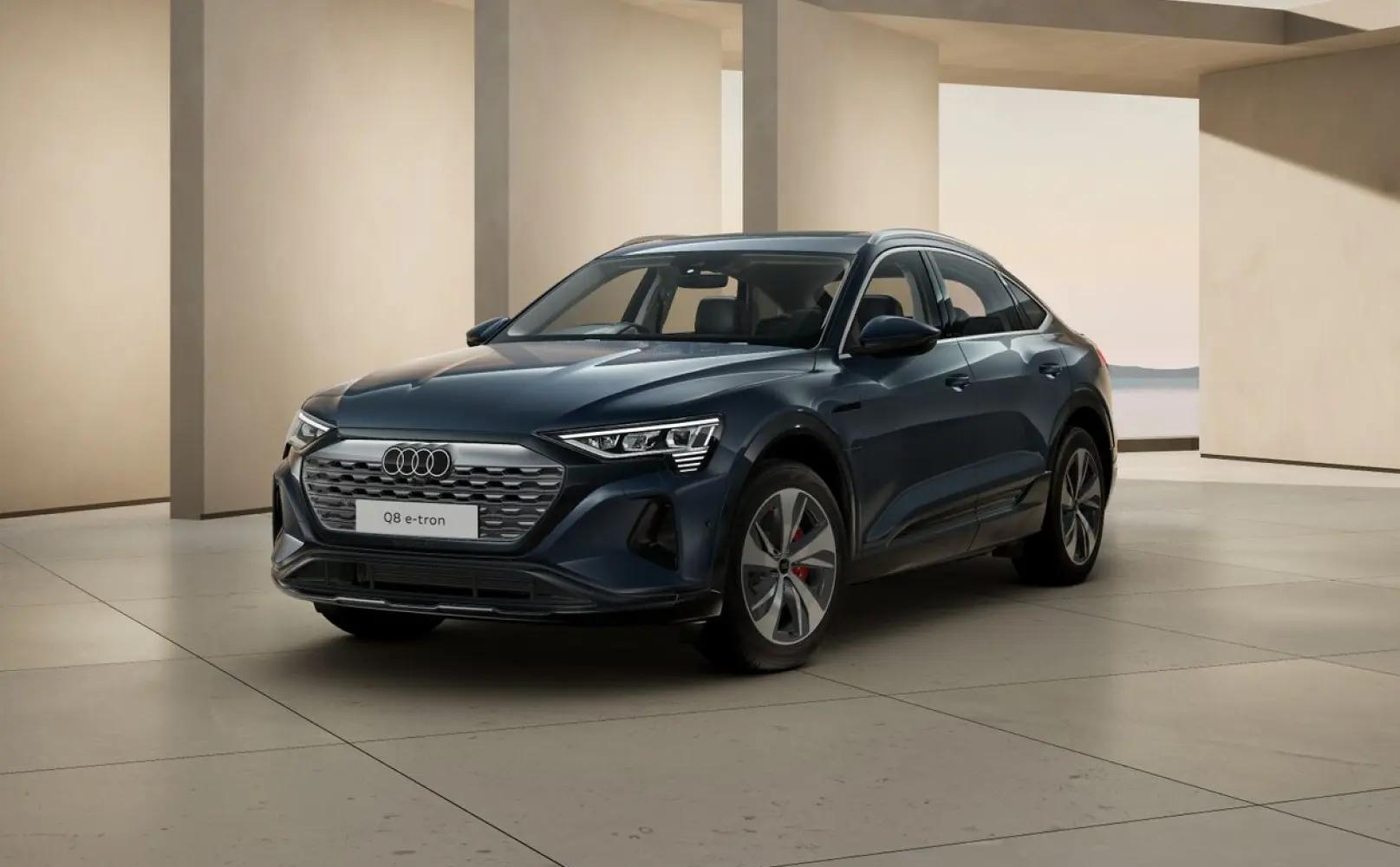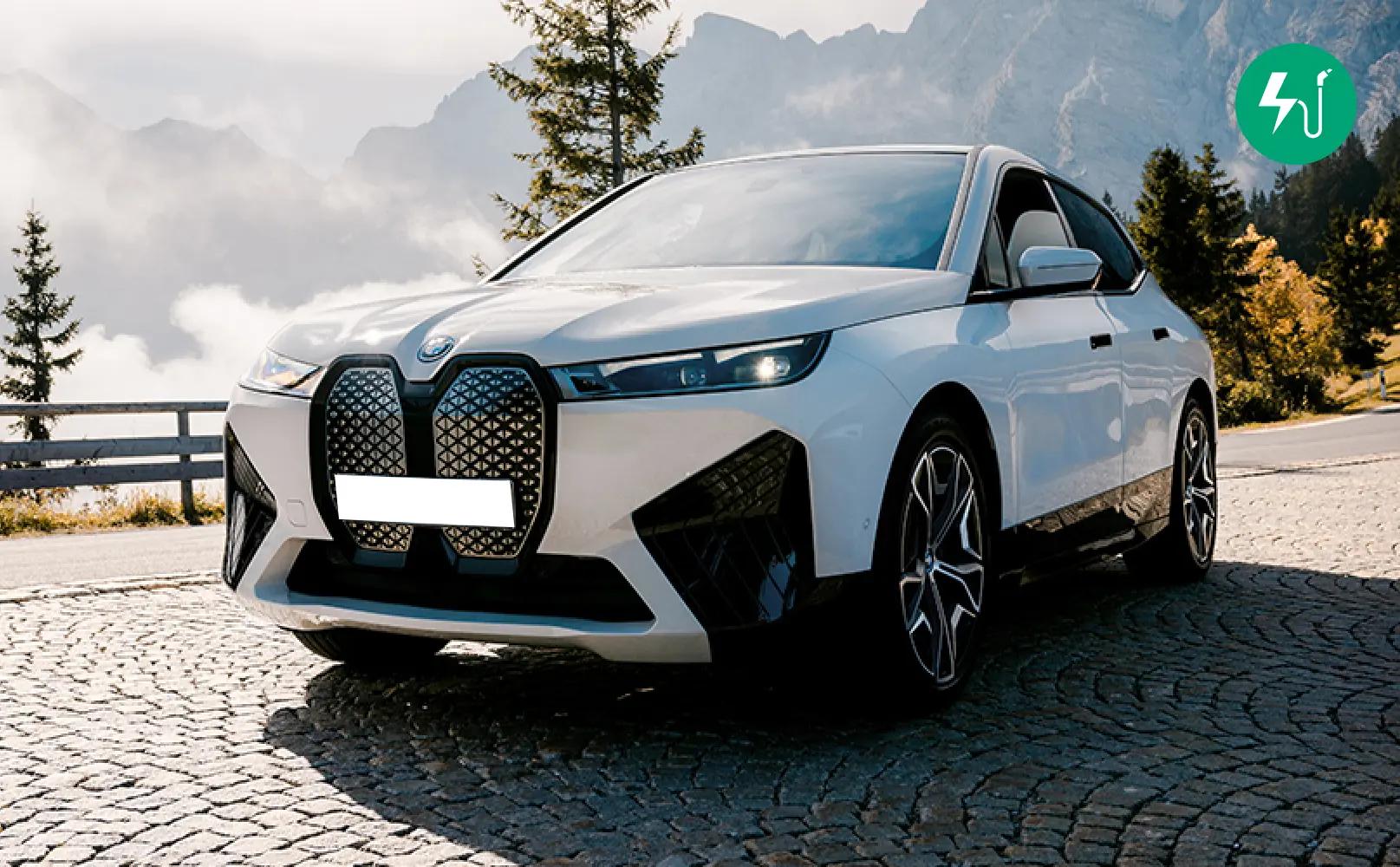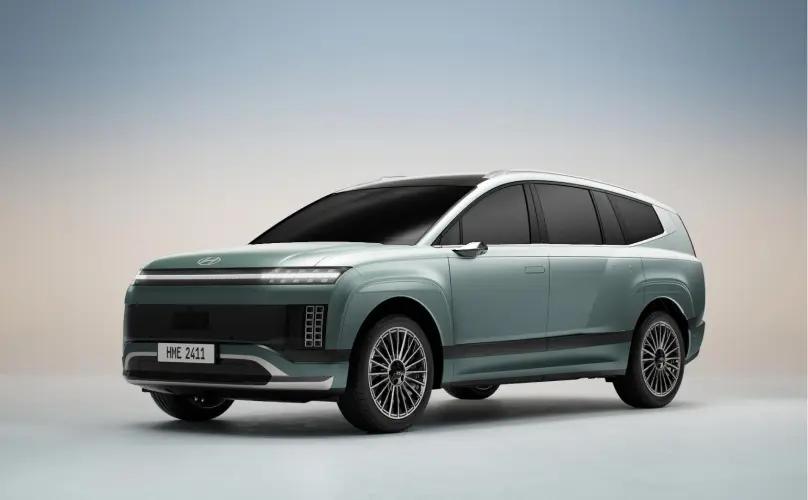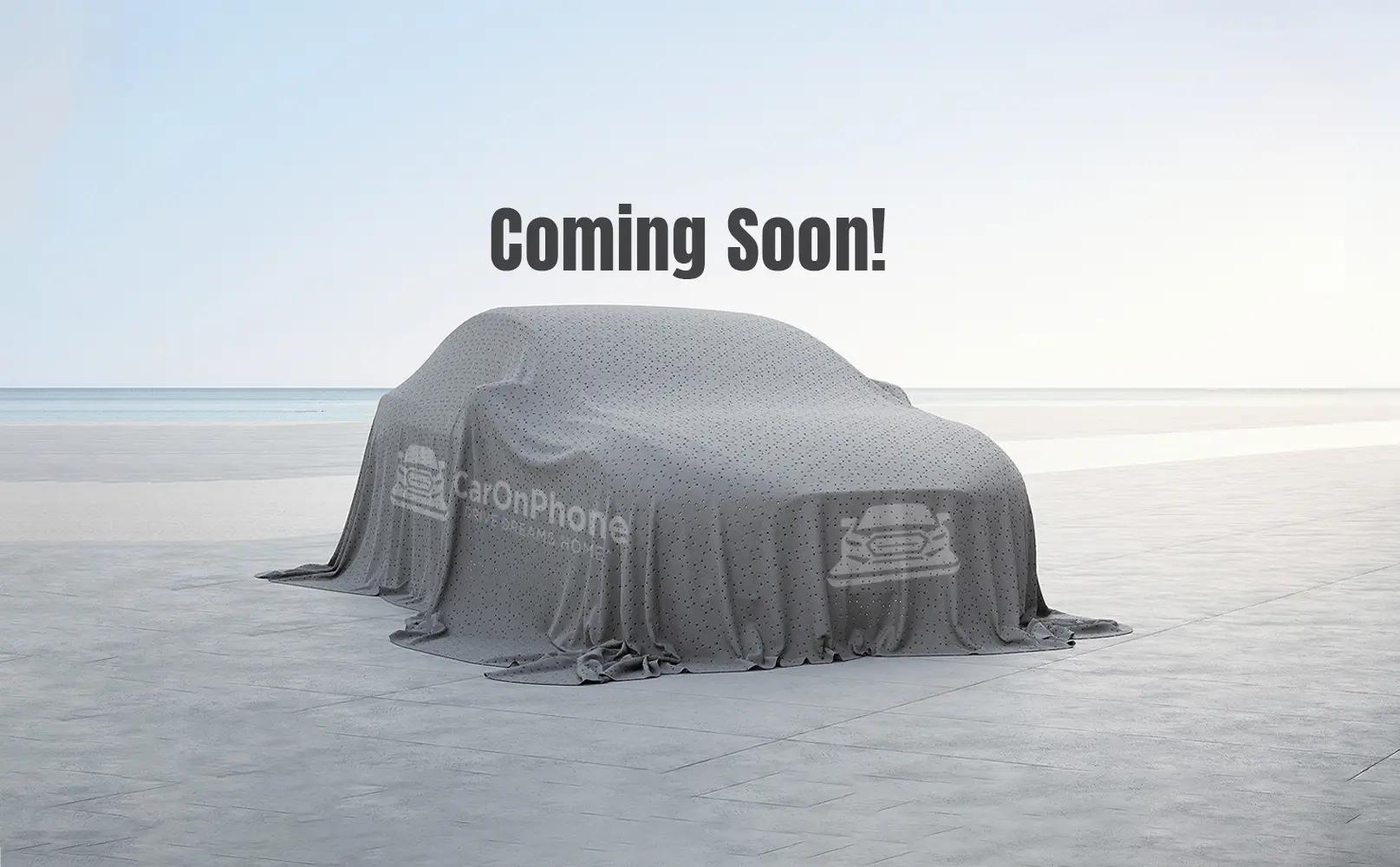
Electric Cars in India
Electric Car In India 2026
There are various Electric cars in India available for sale. Top selling Electric cars are Nexon EV (Rs.14.74 Lakh* Onwards), e-tron (Rs.1.72 Cr* Onwards), e-tron Sportback (Rs.1.20 Cr* Onwards), Tigor EV (Rs.12.49 Lakh* Onwards), e-Tron GT (Rs.1.72 Cr* Onwards). Starting from Tiago EV to e-tron from Rs7.99 to Rs1.72Cr.Get the latest offers, price, battery capacity, specifications, reviews, images and more about EVs in India.
| Electric Car Models | EX-Showroom Price | Electric Car Range |
|---|---|---|
| Nexon EV | Rs.14.74 Lakh* Onwards | 325-465 Km/C |
| e-tron | Rs.1.72 Cr* Onwards | 379-484 Km/C |
| e-tron Sportback | Rs.1.20 Cr* Onwards | 359 - 484 Km/C |
| Tigor EV | Rs.12.49 Lakh* Onwards | 315 Km/C |
| e-Tron GT | Rs.1.72 Cr* Onwards | 388-500 Km/C |
electric cars
Popular Electric Car Brands
benefits of electric vehicle
Reduced Emissions
EVs produce zero tailpipe emissions, contributing to cleaner air and reducing greenhouse gas emissions.
Reduced Air Pollution
EVs contribute to a cleaner environment by reducing the amount of pollutants released into the air, especially in urban areas.
Lower Fuel Costs
Charging EVs at home is generally cheaper than filling a gasoline car, and electricity prices can be further reduced using renewable energy sources.
Lower Maintenance Costs
EVs have fewer moving parts than internal combustion engines, resulting in reduced maintenance needs and potentially lower repair costs.
Reduced Noise Pollution
EVs are significantly quieter than gasoline cars, especially at lower speeds, contributing to a more peaceful environment.
Convenience
Charging at home eliminates the need to visit gas stations, and some EVs offer features like regenerative braking, which can improve efficiency and reduce wear on brake pads.
upcoming electric cars
EV Running Cost Calculator
Select Electric Car
Select Petrol/Diesel Car
Select Electric Car
Select Petrol/Diesel Car
Frequently Asked Questions on Electric Cars
Ans: Yes, EVs are cheaper to own in long term use, due to lower cost of fuel and maintenance. Despite of higher initial cost during purchase.
Ans: EVs require lower maintenance cost due to no engine or moving parts that needs regular maintenance. However, they do require regular tire, fluids and air filters maintenance.
Ans: Yes, EVs are better for environment then traditional cars running on fuel. Specially after completing Break-Even point.
Ans: The Distance traveled on a Single Charge is depended on model, battery capacity and driving habit of driver. For Example, A Car can go 557km to 683km depending on model.
Ans: No, most electric cars do not have traditional multi-speed gearboxes. They typically use a single-speed transmission because electric motors can provide full torque from zero RPM and operate efficiently across a wide range of speeds. This makes gear shifting unnecessary and contributes to a smoother driving experience.
Ans: Electric cars typically use a single-speed transmission or reduction gear, which is much simpler than the multi-speed transmissions in conventional vehicles. This single-speed transmission helps reduce the motor's high RPM to the appropriate wheel speed, making it more efficient and reliable with fewer moving parts.
Ans: Electric cars can be charged using a standard household outlet (slow charging), a dedicated home charging station (Level 2 charging), or public fast-charging stations (Level 3/DCFC). Simply plug the charging cable into your car's charging port and the power source. Charging times vary from 30 minutes to 8 hours depending on the charger type and battery capacity.
Ans: The first practical electric car was invented in the 1880s. In 1884, Thomas Parker, an English inventor, built the first production electric car in London using rechargeable batteries. However, electric vehicles existed even earlier in the 1830s as experimental prototypes. Electric cars were quite popular in the early 1900s before gasoline-powered cars became dominant.
Ans: To open an electric car charging station in India, you need to: 1) Register your business and obtain necessary licenses, 2) Get approvals from local electricity distribution companies, 3) Acquire land or space in strategic locations, 4) Install charging equipment (CCS2/CHAdeMO/Type 2 compatible), 5) Set up payment systems and mobile apps, 6) Comply with safety standards and regulations set by the Bureau of Energy Efficiency (BEE). Government subsidies and incentives are available under various schemes like FAME India.
Ans: The future of electric vehicles looks very promising with rapid advancements in battery technology, increasing range, decreasing costs, and growing charging infrastructure. Governments worldwide are setting ambitious targets for EV adoption, major automakers are investing heavily in electric models, and innovations like wireless charging and solid-state batteries are on the horizon. EVs are expected to become mainstream within the next decade.


































